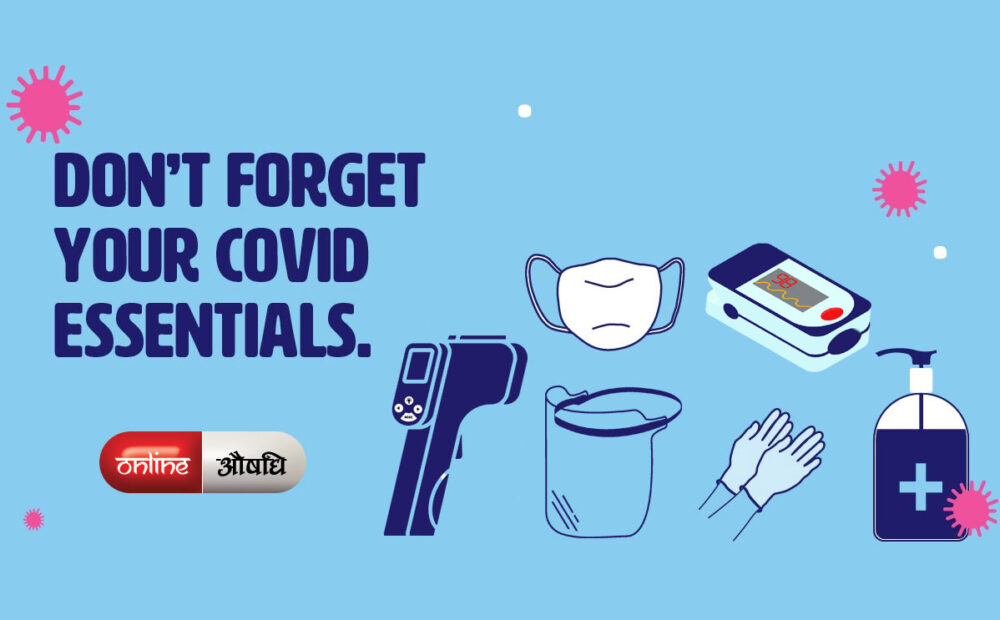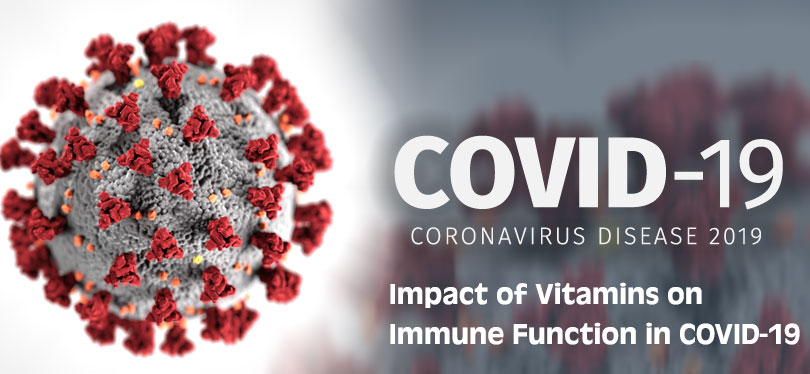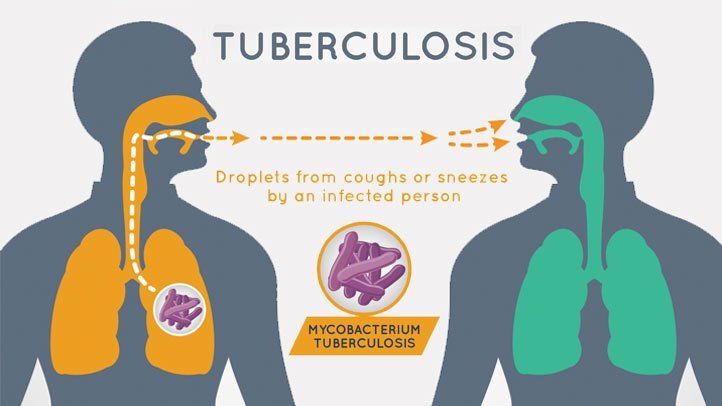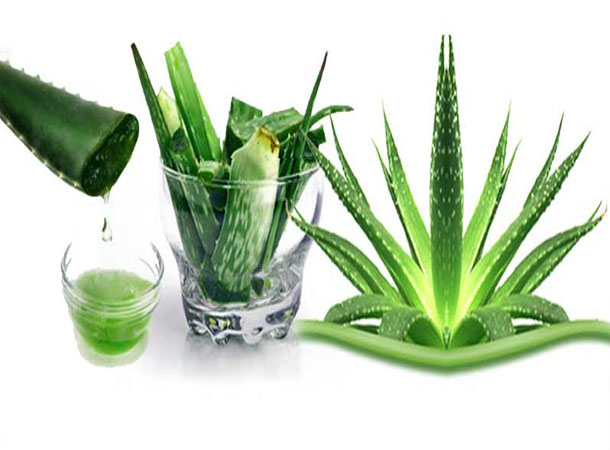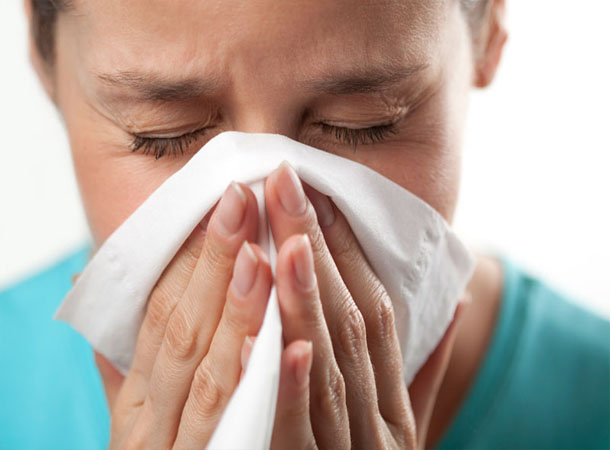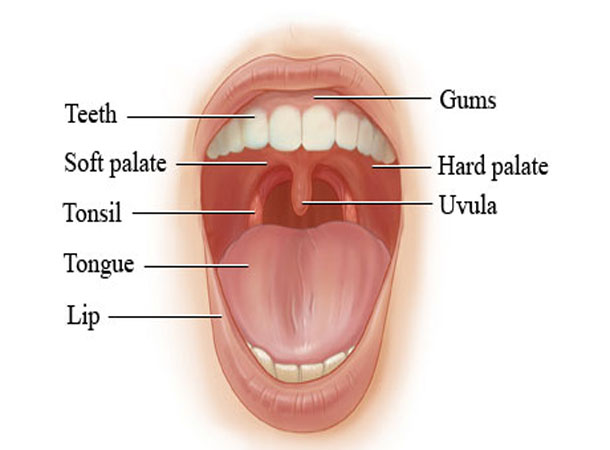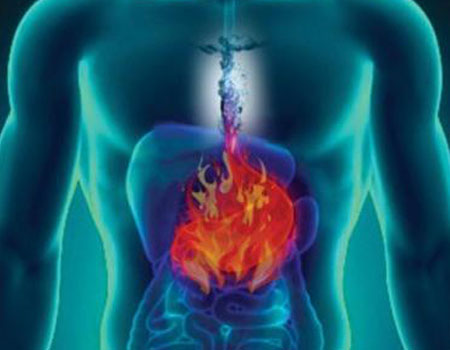Garlic does more than just invigorate your palate and ward off vampires; it’s also a smelly superfood health aid. The spice is a highly nutritious vegetable with very few calories, containing trace amounts of other nutrients that contribute to its universal status of a powerful, beneficial healer. The natural medicinal ingredient, both as a fresh plant and supplement, can strengthen immune function and boost overall well-being.
Health Benefits of Garlic
1. Garlic prevents and treats colds.
Packed with antioxidants, a daily dose of garlic in your recipes could benefit your immune system. If a cold does sneak by, try sipping garlic tea: steep chopped or minced garlic in hot water for several minutes, then strain and drink. You can add a bit of honey or ginger to improve the taste.
2. Lowers Blood Pressure
A garlic supplement a day may help keep your blood pressure at bay. Its active compounds can significantly reduce blood pressure comparable to the effects of prescribed drugs. Aged garlic extract between 600 to 1,500 milligrams (mg) was found to be just as effective as the drug Atenolol prescribed for hypertension in a 24-week period, according to a 2013 study published in the Pakistan Journal of Pharmaceutical Sciences.
3. Lowers Heart Disease Risk
Garlic can help lower the risk of heart disease by lowering total LDL cholesterol. A 2000 study published in the journal Annals of Internal Medicine found the effect of garlic on total cholesterol level in people with elevated levels moderately reduced cholesterol levels. Vandana Sheth, registered dietitian nutritionist and spokesperson for the Academy of Nutrition and Dietetics told Medical Daily in an email that this is achieved by “diminishing the activity of main cholesterol-producing enzyme in the liver.” Garlic supplements can enhance the body’s ability to dissolve blood clots that would otherwise increase the risk of heart attacks by closing the arteries.
4. Garlic May Help You Live Longer
Effects on longevity are basically impossible to prove in humans. But given the beneficial effects on important risk factors like blood pressure, it makes sense that garlic could help you live longer. The fact that it can fight infectious disease is also an important factor, because these are common causes of death, especially in the elderly or people with dysfunctional immune systems.
5. Eating Garlic Can Help Detoxify Heavy Metals in the Body
At high doses, the sulfur compounds in garlic have been shown to protect against organ damage from heavy metal toxicity.
6. Control your weight with garlic.
Garlic could help you control your weight, according to nutritionist Cynthia Sass, who cites a study that showed mice eating a garlic-rich diet reduced their weight and fat stores. To take advantage of this benefit, try to cook with garlic daily.
7. Keep away mosquitoes with garlic.
Scientists aren’t sure why, but mosquitoes don’t seem to like garlic. One study in India found that people who rubbed a garlicky concoction on their arms and legs weren’t bothered by the pesky buggers. Make a solution of garlic oil, petroleum jelly, and beeswax for a natural repellant or place cloves of garlic nearby.
8. Garlic works as a natural glue.
Have you ever noticed how sticky your fingers get after chopping garlic? That natural adhesive quality is why some people use garlic to fix hairline cracks in glass. Crush some cloves and rub the juice on the crack, wiping away any excess.
9. De-ice your sidewalk with garlic.
A town in Iowa used donated garlic salt to remove ice from roadways. Next time you stumble on old garlic salt in the back of your spice cabinet, save it for an icy walkway.
10. Protect plants with garlic.
Garden pests don’t like garlic, so make a natural pesticide using garlic, mineral oil, water, and liquid soap. Pour into a spray bottle and mist your plants to keep away destructive critters.
11. Improves Bone Health
The alkalizing vegetable is filled with bone-healthy nutrients such as zinc, manganese, vitamin B6, and vitamin C. Risa Groux, a holistic nutritionist and ChazzLIVE expert told Medical Daily in an email: “Garlic is really high in manganese, which contains enzymes and antioxidants that facilitates the formation of bones and connective tissues, bone metabolism, and calcium absorption.”
Sources:
http://www.medicaldaily.com/garlic-good-you-7-surprising-benefits-garlic-optimal-health-324114
http://www.thehealthsite.com/diseases-conditions/15-health-benefits-of-garlic/
http://www.rd.com/health/beauty/13-surprising-benefits-of-garlic/
http://thatsnotfood.com





